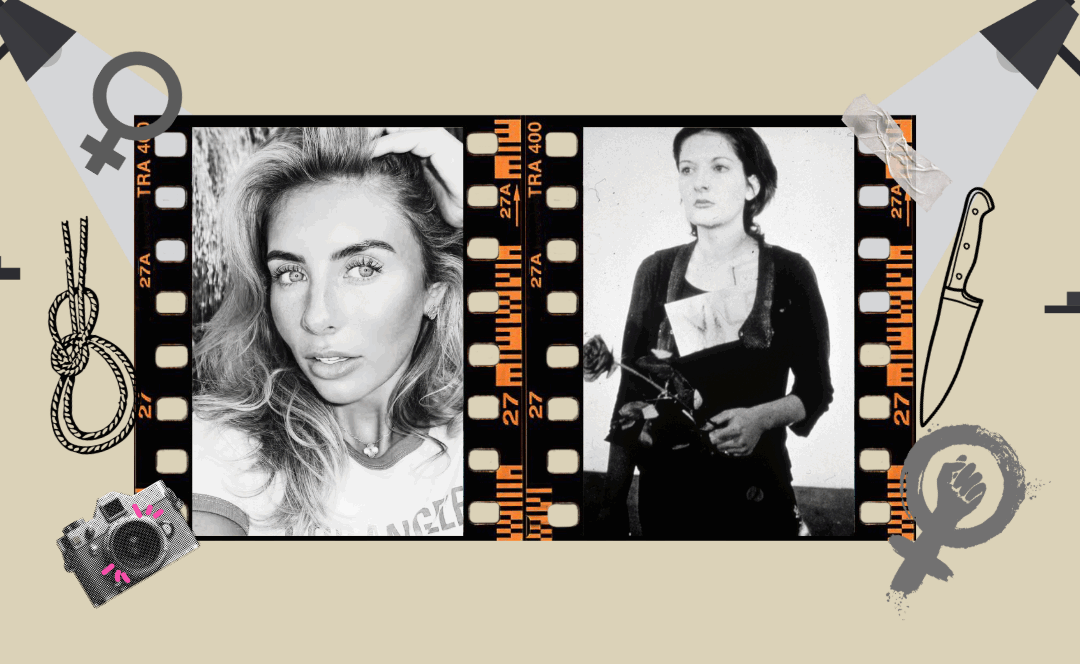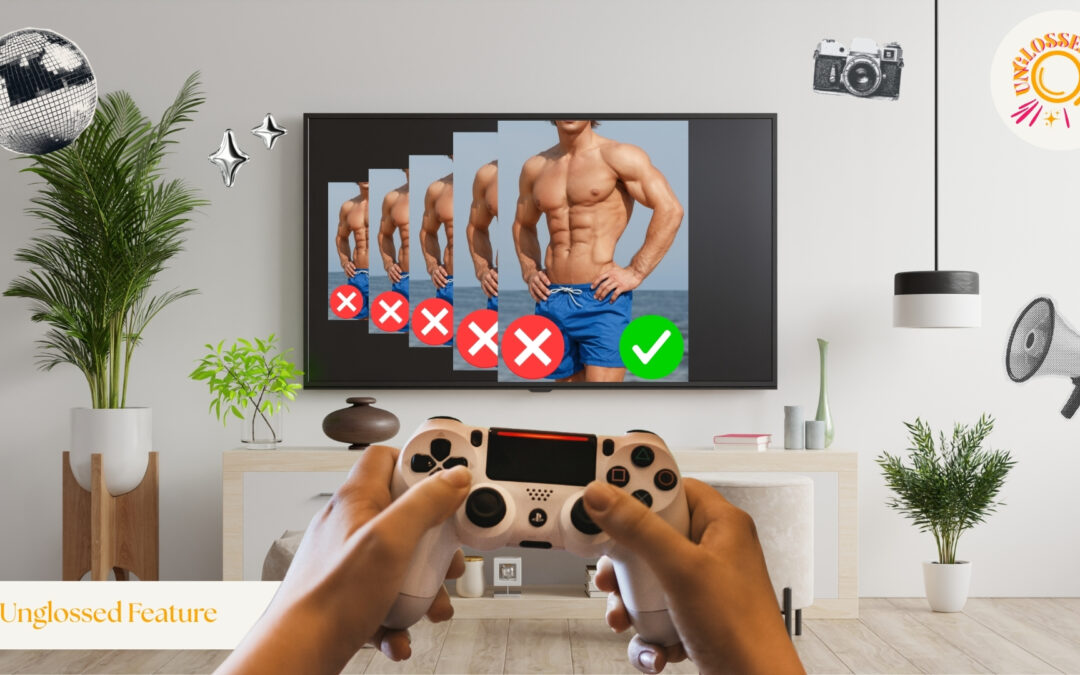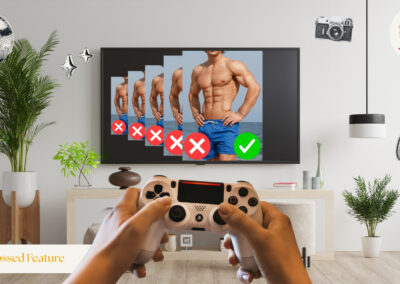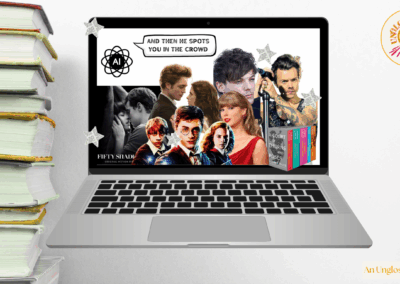Consent is something we discuss pretty openly these days, especially when it comes to sex and relationships. However, we’ve never ever been taught what the rules are regarding consent when interviewing drunk people and clipping it up for the internet to see.
So what are the ethical considerations that go into filming someone in such a vulnerable state? Do they sign consent forms? Has there ever been a time when a person has been so drunk they’ve decided against publishing it? All stuff that runs through my (trying to be) ethical brain every time I see one of those videos on my FYP. From “What could you buy with your body count” to “Wildest sex story”, what are the repercussions of being caught out drunk and spilling too much information? Surely that isn’t a digital footprint you want to carry around when you’re looking for a job in accounting.
We’ve got both sides of the story, one from Johnny Evans, from the TikTok account @drunken_questions, which means he spends his evenings interviewing drunk students, and one from Sophie (she doesn’t want to give her last name for soon- to- be obvious reasons), who had her most embarrassing story sent back to her by just about everyone she knows during her freshers week at Nottingham Uni. Whilst it wasn’t Johnny who interviewed Sophie, the account which did followed a similar format to his account in their videos.
Sophie said: “When the video first came out I was really shocked. It was sort of funny at first because I didn’t really think it would go that viral. But then my family saw it, all my friends were sending it to me, and I was like this could be bad actually. What I said wasn’t even that terrible, it’s just embarrassing people you know having any information about my sex life.
“I don’t really want to go into exactly what I said, because honestly it’s mortifying talking about it. I didn’t have to sign any consent forms, they didn’t check how drunk I was or anything. At the time because I was drunk it didn’t really occur to me that the video would go anywhere.”
Johnny says that they always get ‘some form’ of consent from the people included in their videos:
“We will always let them know that it will go on social media, and we film them agreeing to being in the video. If someone is beyond drunk we wouldn’t include it, but usually people are really up for being in the videos. We record them agreeing for our sake, but we never get anyone asking us to take the video down.”
“We can’t be responsible for what people say, we literally just prompt them with questions, after that it’s up to them.”
Sophie says: “Other clips alongside mine were questions like your craziest night out, or the worst thing you did in freshers week. But they asked me about sexual encounters and my body count. I can’t help but think they did that because they realised I was so drunk I wouldn’t fully understand the impact of what I said.”
And Sophie isn’t alone with this worry, in fact ex Love Island star turned documentary maker Zara Mcdermott’s BBC documentary ‘uncovering Ibiza’s dark and dangerous secrets’ which was released last year, explores the real life impact of being caught on camera drunk. These involved losing your job, marriage break ups and extreme trolling.
Johnny says: “Personally, I would never deliberately ask a question we knew would upset someone, but obviously we want our videos to be fun and entertaining. So if that means asking a risky question to someone who is lively and having fun, we do that. As far as I’m concerned, if someone doesn’t want to tell us something they don’t have too, I can’t control what they say when they do.”
Sophie says she frantically DM’d the account, and reported it countless times in the days following the viral video.
“Me and all my friends and family were asking TikTok to take it down, it was so stressful. We heard nothing back the entire time, and to this day the video is still up.
“I think we genuinely need to be thinking about implementing laws to help people with this. I’ve heard stories of people who have lost relationships and their jobs over this style of video. We hear all the time about a digital footprint and I’m terrified this will impact me at some point.”
Sophie explains that the fact she was a fresher, relatively new to drinking, and in a whole new city made the whole thing even more isolating: “It really stopped me feeling like I could just go out and have fun, I felt constantly on edge, and even just walking around uni, I was embarrassed in case people recognised me.
“So many people told me it wasn’t a big deal, and I get that it might not be for some people but for me it was horrendous. I’m not usually a very open and confident person, so having this stuff go viral was so challenging for me mentally.”
Johnny says “Everything we make is in good spirits and to have a laugh, our bio says we are here for a good time, not a long time. Anyone taking those videos seriously needs to realise the world is different now.
“If someone genuinely really wanted content taken down I would consider it, but it takes a lot to make me because I wouldn’t post something if I thought it was genuinely bad or offensive, it’s just banter at the end of the day.”
Johnny says in his two years running the account, he’s only removed one video. “The only video we have taken down was one we filmed in Zante, because it got flagged on TikTok as being dangerous, I think because one of the lads kept running off and doing flips.”
After a quick google, it became apparent that the actual laws around drunk interviews were pretty vague. Media law professor Polly Rippon explains: “There is no law that says it is illegal to interview someone when they are drunk. I suppose this could technically constitute a breach of privacy law if they revealed information they wouldn’t normally when sober, but this would have to be tested in the courts and hasn’t happened yet. They could argue that they were in a fit state to consent properly.”
She broke it down:
i) Everyone is entitled to respect for their private and family life, home, physical and mental health, and correspondence, including digital communications.
ii) Editors will be expected to justify intrusions into any individual’s private life without consent. In considering an individual’s reasonable expectation of privacy, account will be taken of the complainant’s own public disclosures of information and the extent to which the material complained about is already in the public domain or will become so.
iii) It is unacceptable to photograph individuals, without their consent, in public or private places where there is a reasonable expectation of privacy.
“There is a clause in the Ofcom code about ‘fairness’ – so you could argue the person interviewing was being unfair and the interviewee was not in a fit state to give informed consent.” Polly tells us.
Ofcom (Office of Communications) is the UK’s regulator for TV, radio, telecoms, and postal services. It ensures fair competition, protects consumer rights, and enforces content standards for broadcasters and communication providers. Any complaints made about something you have seen on TV or heard on the radio will be investigated by Ofcom.
However, Ofcom only regulates radio and TV, not influencers or content creators who make these types of videos. Therefore, it’s sort of just left in the hands of Tik Tok robots and human decency – how reassuring.
For people like Sophie, the implementation of privacy laws, and even just a little extra empathy could’ve saved her some sleepless nights worrying. But Johnny has made some great points too, and videos like his do provide thousands of people entertainment- even if that is at the expense of a few egos. The realm of social media and influencers is still relatively new, but stories like Sophie’s surely highlight a need for laws to protect consent and digital footprints?











